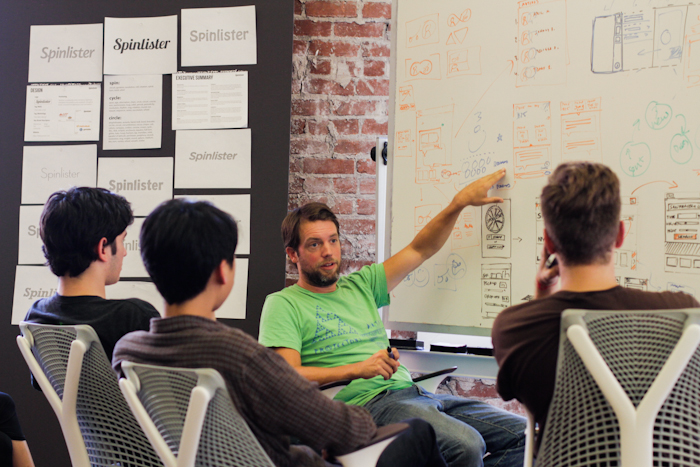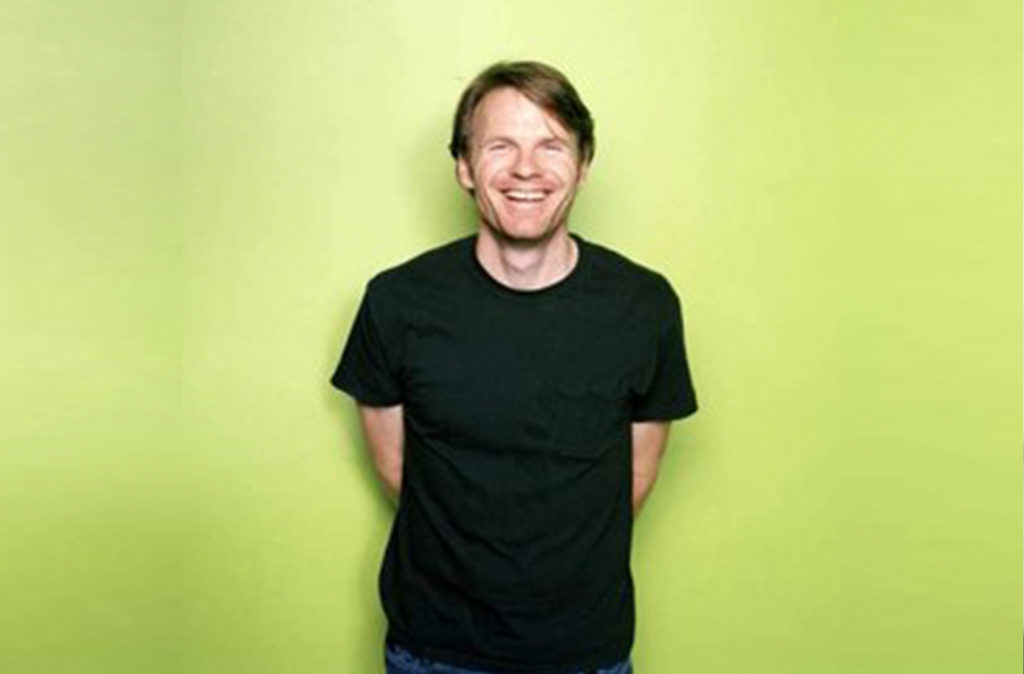We had a series of conversations with several notable design professionals for our Design Lens initiative back in 2014. As a strategic design consultancy we decided to revisit these memories from our conversations and bridge them to today. As part of our “Nostalgia Series” the first interview was John Maeda, Design Beyond the “Happy Spray”, followed by Kevin Hale, What a Lot of Entrepreneurs Don’t Realize: Good Design Is a Really Selfless Activity, Eric Quint, Connecting the Dots: Design as “Value Engineering” and finally Paul Pugh, Design is like Switzerland, It’s Neutral.
This month we are sharing with you the conversation with David Merkoski the creative director at Internet Archive. Previously he was a design partner at Greenstart which invested seed capital in cleantech startups. He also acted as an executive creative director at Frog Design.
With Merkoski, we talked about the perception of design in Silicon Valley. The following are a few highlights from the conversation:
“Over the ten or eleven years I worked at Frog design, nothing changed about one fact,” says Merkoski. “Every single time, you had to convince the client about the value of design, even before you convince them about the value of your company’s version of design.”
He says, however, this has changed:
“In just the last two years, though I haven’t been at Frog, what I’ve noticed is that, in the Bay Area alone, I can’t speak about outside the Bay Area right now, it’s very amazing how much that’s not true. It’s like Steve Jobs died and a thousand flowers bloomed in the Bay Area such that you no longer have to open up a meeting or a discussion about the value of design.”

He specifies: “I think what’s happening is that we are on a nice beautiful pivot where design finally gets accepted on its own terms. That’s pretty remarkable, actually.”
In contrast, according to Merkoski, design as a “higher art of problem-solving” is still a big question mark for a lot of people. “And I think that’s fair,” he says:
“Why can’t an architect, why can’t an engineer be a problem solver? Why can’t a CEO be a problem solver? So if a designer is saying that they’re a problem solver and that’s the value. In some sense what they are really talking about is a set of methodologies, a set of approaches by which they go about problem-solving.”
“The truth of a founder,” he exemplifies, “is that they are a problem-solver. And they fundamentally need to be interested in human-centered problems. Because their business value is ultimate whether or not there is a market, that is to say, people who want their product.”
For Merkoski, that is closely linked to design practices:
“… And they are taking in the methodologies, and the approaches, and the process, and the critical inquiry of designers as their own. So they are adopting a formalized set of problem-solving strategies that you and I would call a ‘designer.’ But in the hands of the founder, they effectively become designers themselves.”
Image Credit: Greenstart
If you have questions or comments you can contact with us.




